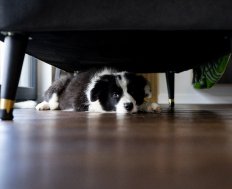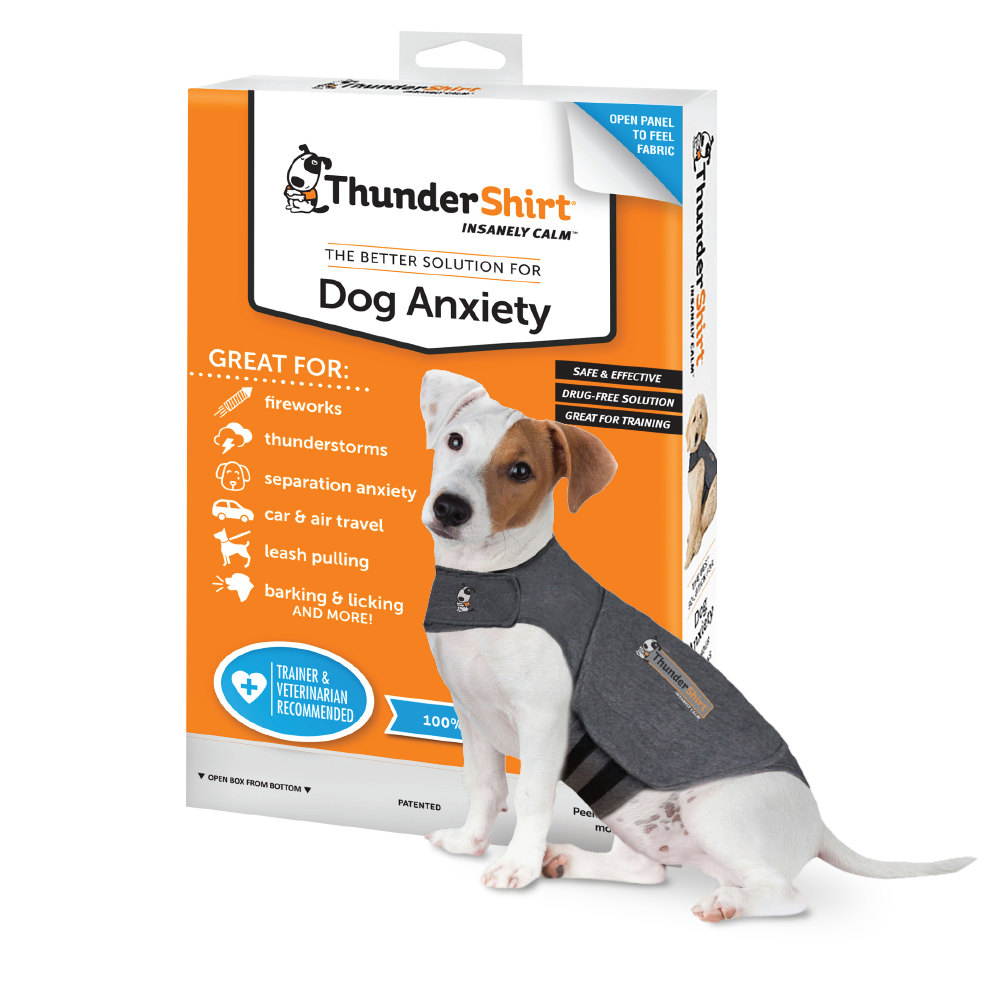Want to subscribe to our blog?
The chances are that at some point you have seen a zoomy puppy, or perhaps even your own dog has had a case of the zoomies. But do you know what causes these sudden bursts of energy?
Our experts are on hand to explain this doggy behaviour and suggest some tips to help your pet remain calm and reduce stress.
What Are The Zoomies?
The technical name for the zoomies is Frenetic Random Activity Periods (FRAPs). As the name suggests then, the zoomies are sudden bursts of energy where your dog may do laps of the lounge or run in and out of rooms.
When a dog has zoomies, this is usually short-lived and will finish as soon as it starts. It’s also more common in younger dogs, but that doesn’t mean older dogs can’t do zoomies too!
So, are the zoomies anything to worry about? Running around isn’t harmful in itself, but it’s a good idea to recognise the different reasons behind why puppies get the zoomies.
Why Do Dogs Get The Zoomies?
As you can imagine, there are all manner of reasons why a dog might want to run around! That said, the zoomies are more than a dog simply having fun in the park. Usually, there will be an underlying cause behind a zoomy puppy or dog.
Potential causes for when a dog has zoomies can include:

Are The Zoomies Something To Worry About?
A common question dog-owners ask after ‘Why do puppies get the zoomies?’ is to wonder whether the zoomies are harmful. Well, running around isn’t necessarily harmful in itself, but your dog’s surroundings very well could be.
If your dog has zoomies outdoors, and they’re not on their leash, this could lead to trouble. In this situation, it’s important not to chase them as this could be interpreted as instigating a game. Instead, having a strong recall is your best action. If your recall doesn’t work, you could try moving in the opposite direction which may entice them closer.

How To Help A Dog That Has The Zoomies
Here’s a few tips for reducing stress in dogs and channelling their energy:
- Speak to a vet – if you notice your dog has zoomies more often than usual, or they’re associated with situations your dog struggles to cope with, speak to your vet. There’s a chance there may be an underlying health concern going on. A certified behaviourist or dog trainer can also support you and your dog with a plan to help them create a more positive association with these situations.
You can keep up to date with our latest guides, Q&As, tips and advice by signing up for our newsletter.
Following our expert tips will help to ensure your bond with your dog goes from strength to strength.
Make sure to join our community for weekly advice from our dog behaviour experts as well as product offers and competitions.
 Related Posts
Related Posts
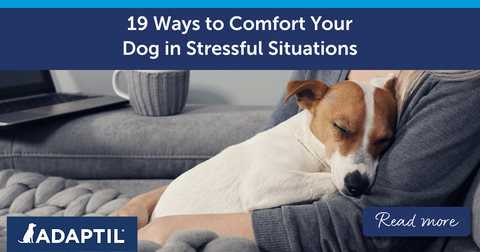
19 Ways to Comfort Your Dog in Stressful Situations
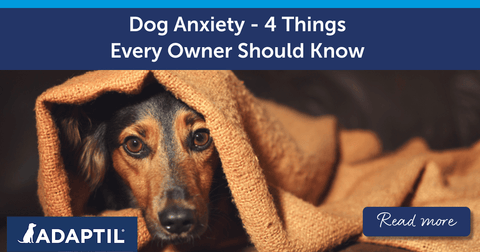
Dog Anxiety – 4 Things Every Owner Should Know
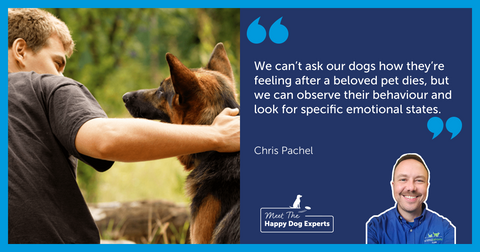
Happy Dog Expert: Help A Dog With Grief

Traveling With A Puppy In A Car
You consent to the processing of your personal data to receive our newsletters, you can unsubscribe at any time. To find out more about how your personal data is managed and to exercise your rights, please refer to the data privacy policy. Please visit this page.


